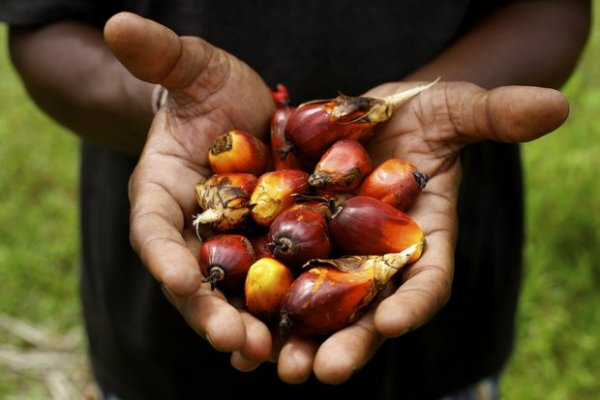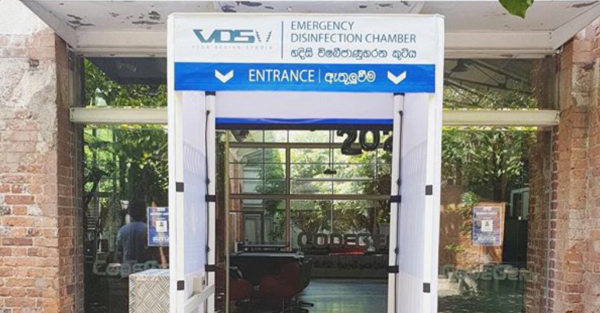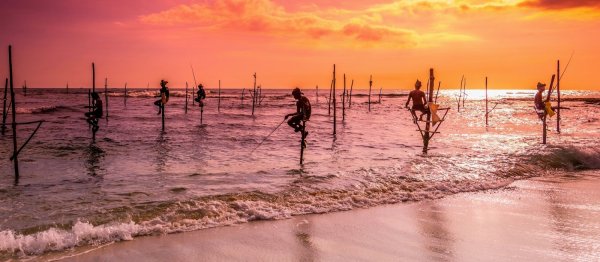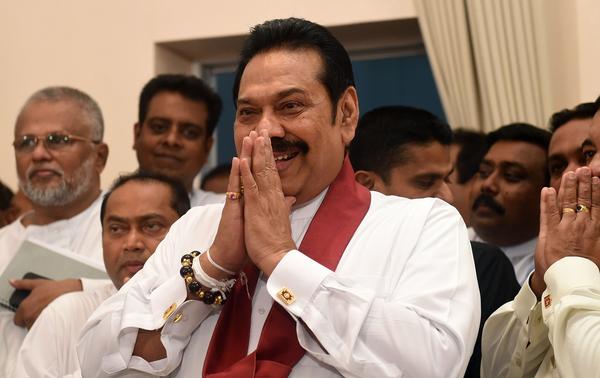
The last few weeks have been unprecedented in Sri Lankan history; Parliament was prorogued until November 16 and then summarily dissolved by the President in blatant violation of the 19th Amendment of the Constitution; we had two Prime Ministers (known as the old Prime Minister and newly-appointed Prime Minister), and a group of civil organisations have been protesting at the Liberty Roundabout from the day confusion began.
Add to that, three-wheel drivers’ unions and canteen association unions reduced prices of services and goods, and several tax concessions on essential items were announced after Mahinda Rajapaksa was appointed as the new Prime Minister and Finance Minister.
It isn’t just concessions and protests through: the last few weeks have been tumultuous for the country, with mounting international pressure to convene Parliament immediately, the rupee depreciating consistently, and several projects and campaigns of non-governmental and intergovernmental organisations coming to a standstill.
A Spanner In The Works
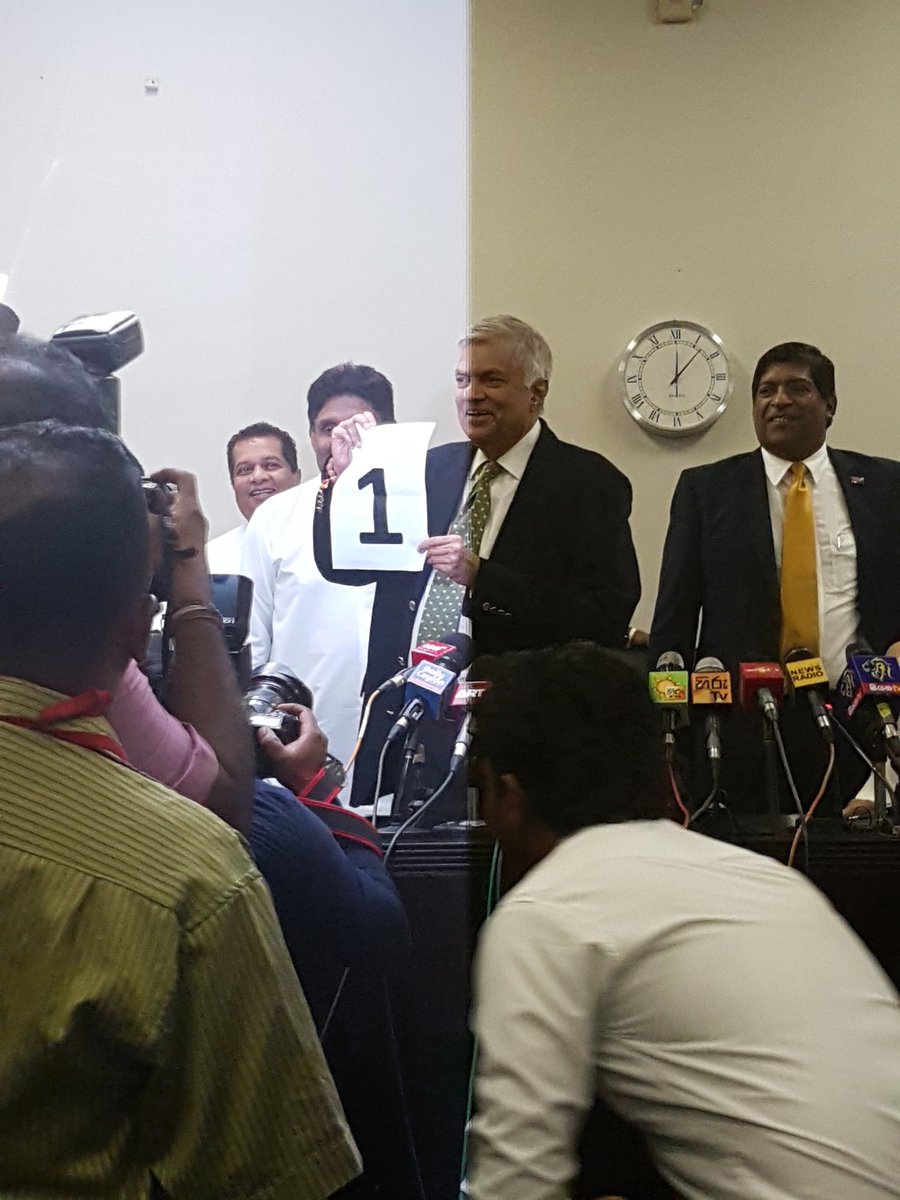
According to Dakshita Wickremerathne, Development Practitioner and co-founder of the Youth Advocacy Network Sri Lanka (YANSL), political upheavals usually affect the public health sector first.
At policy levels, it becomes difficult for people working in the health sector—like in the family health bureau, Ministry of Health regional offices and such—to make decisions on upcoming programmes because of changes in administration.
“Organisations working on the national level work hand in hand with ministries. So usually, when there’s an election, we plan accordingly, around these events. There won’t be report launches or anything else, as leadership changes,” he explained.
While political changes are generic and to be expected, they are usually planned. This enables organisations also to plan their year—and activities—around the elections. But for now, everything is on hold.
“We can’t go ahead with partner meetings or anything because safety is also an issue with protests, Parliament being convened and all that,” Wickremerathne explained.
Meanwhile, speaking on the condition of anonymity, one of Sri Lanka’s leading economists confirmed that the immediate future was ‘very hazy’, especially with regard to the country’s economy.
“Investors will be looking for what exactly is continuing in policy, and a lot of foreign investors are pulling money out already. We had 85 billion dollars going out last week alone,” he said, adding that this wasn’t due to Sri Lanka’s domestic instability alone, but also because of international trends. With the United States raising interest rates, cash is being taken out of countries like Sri Lanka, and being put back into the US market.
Negative Perceptions
“…an increased likelihood of civil unrest, strikes, and demonstrations stemming from continuing political uncertainty.”
– US Embassy in Sri Lanka.
The constitutional crisis and subsequent dissolving of Parliament has resulted in several travel advisories issued by foreign embassies for their respective country’s residents and tourists in Sri Lanka.
“Uncertainty is always a bad thing. It’s very disruptive and is very negative for business and people,” Ravi Ratnasabapathy, an economist and Fellow at think-tank Advocata, said.
Elaborating further, he pointed out that the fact that Sri Lanka has not experienced anything of the sort before means that there is no benchmark or framework of reference to go by.
“There is no way to know how to react, because you can’t predict anything. This is unprecedented,” he said.
Subsequently, uncertainty and instability paint a bleak picture: people lose confidence, the currency weakens, investments stop, and ‘things come to a halt’.
As the Delegation to the European Union to Sri Lanka and the Maldives had mentioned in their statement, further delay [in convening Parliament], “could damage Sri Lanka’s international reputation and deter investors.”
Our coverage of key developments over the last fortnight, can be read here.

